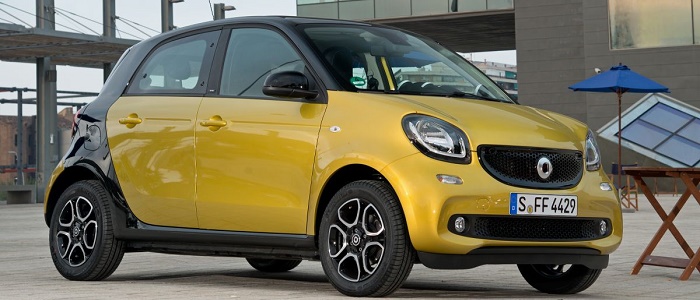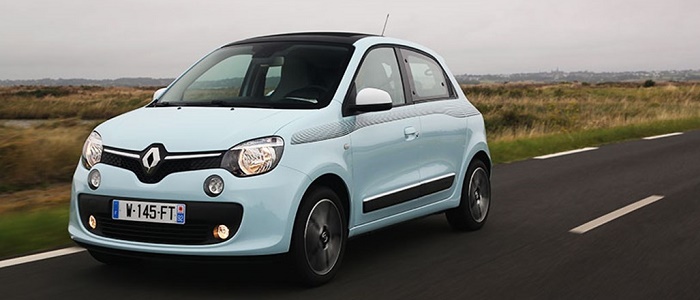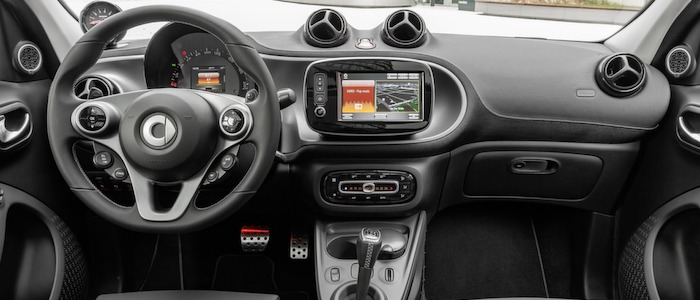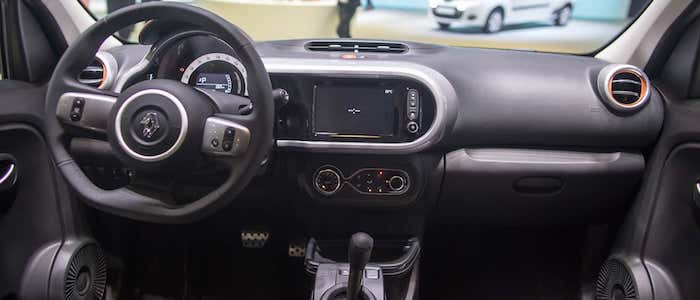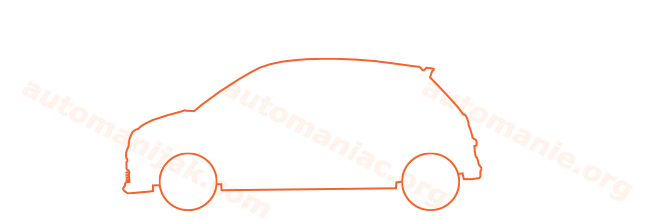Compare two cars
Compare any two cars and get our Virtual Adviser™ opinion
Dimensons & Outlines
Check vehicle history
Engine
Performance (manual gearbox)
Performance (automatic gearbox)
Expenses
Virtual Adviser's™ opinion
Two significantly similar cars, no doubt about that. Still, each one has something different to offer. For a start, they are not even classified under the same segment, with the Smart being a city car and the Renault representing micro car vehicle class.
SafetyA starting point here would be to take a look at the results from European New Car Assessment Programme (Euro NCAP) tests which were performed on both of the cars, with the same number of safety stars gained in the process. Moving further on, let's take a closer look at some additional safety-related facts. The first vehicle is a city car and that gives it a marginal advantage over the micro car competitor, at least that's what statistics show. On the other hand, when it comes to weight, a factor that most people underestimate, the French car offers a marginal difference of 3% more metal.
ReliabilityManufacturers have been building their reliability reputation for decades now and, generally speaking, it appears that both brands display similar results in faults and breakdowns, at least on all of the models level. That's the official data, while our visitors describe reliability of Smart with an average rating of 4.3, and models under the Renault badge with 4.2 out of 5. Unfortunatelly, I don't have enough insight that would allow me to comment in more details on the specific models level. That apart, owners of different cars powered by the same engine as these two vehicles rank it on average as 4.6 out of 5.
Performance & Fuel economyThere's not enough data for me to elaborate on the subject, I'm affraid.
Verdict
Smart appears just a bit more reliable, although the difference is truly marginal. The most important thing when deciding between any two vehicles should always be safety, both passive and active. In this case though, it seems that both cars show similar levels of passenger protection all together, so that won't break a tie. When it comes to performance, both vehicles provide similar experience, so I wouldn't point any of them out. Fuel consumption is more or less the same. At the end, as much as I'd like to give you a winner here, it's simply a pure tie if you ask me. In any case that's my personal view, built upon all the data available to me. What should decide here though is the way you feel about the two vehicles, and I hope you'll find my guidelines useful in the process. Also, you could use the oportunity to find out which car, everything taken into account, would be the perfect choice for you in the eyes of the virtual adviser™, among more than 12.000 different ones in our database.























